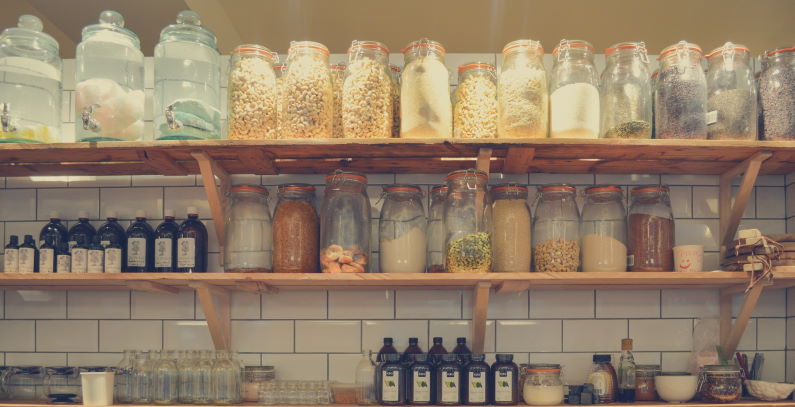Plastic Free July – there are alternatives to single use packaging

Dhaka, 3 July, 2020: The world is marking Plastic Bag Free Day on July 3 alongside Plastic Free July awareness campaign which teaches us that in parallel with global efforts, each individual should learn to make small changes and choose to refuse single plastics we use every day. At the same time, it teaches us that despite current challenges in reducing plastics due to COVID-19 pandemic, we should not give up on efforts.
By 2030, all plastics packaging placed on the European Union market should be reusable or easily recycled, according to the European Strategy for Plastics in a Circular Economy. The COVID-19 pandemic has reversed some of the progress in reducing waste amid fears the virus can survive on surfaces. As we observe Plastic Free July and the Plastic Bag Free Day on July 3, it is time to consider how to get back on track.
The volume of medical and hazardous waste has surged together with synthetic wet wipes and containers of liquid soap and hand sanitizers.
Authorities and producers of the equipment and sanitary products need to work on solutions for mitigating the impact. But it also means the push to minimize the use of ordinary single use plastics and packaging must become stronger.
Lobbying with fake claims
Concerns about hygiene that caused the effect may have been exaggerated as, for what we know, the coronavirus is mostly transmitted directly from person to person. European Plastics Converters (EuPC) urged the European Commission to delay some of the deadlines, claiming single use plastics have few alternatives when it comes to health.

The EU’s Executive Vice President for the European Green Deal and European Commissioner for Climate Action Frans Timmermans fired back, saying EuPC wants to “undo things that need to be done anyway” and that there’s “no relationship” between personal protective equipment and the single use items that the bloc wants to abolish.
Packaging-free shops
Environmentalists suggest consumers need to participate in the efforts by choosing plastic-free products, reusable packaging and woven bags. Straws and disposable cups at cafés are easily replaced with durable items, for example.
Straws and disposable cups at cafés are easily replaced with durable items
Zero Waste Europe, Réseau Vrac and Eunomia just issued a study on packaging-free shops in Europe – they sell products in bulk, packed in little or no plastic or other material. Customers are encouraged to bring their own containers, preferably reusable ones.
Selling in bulk in Balkans, Europe
In the region tracked by Balkan Green Energy News, packaging-free shops are already becoming common in Slovenia and Bulgaria. Ecologists Without Borders and Za Zemiata operate within the Zero Waste Europe network in the two respective countries.

The document reveals almost five shops in the category open per month in Europe and that 10,000 people may work there at the end of 2023. Each unit is said to be lowering the amount of waste by one ton per year, translating to 5,500 tonnes in 2023.
Packaging-free shops mostly offer food and drinks, cosmetics, cleaning products and zero waste accessories. The goods can be kept in jars, bottles and hard plastic containers.
Recommendations for plastic-free EU
The study’s authors urged the EU to support packaging-free and reusable products and systems to overcome barriers to entry. They recommended the introduction of universal packaging formats and the reduction of layers, materials and polymers.

The European Commission should work on the establishment of a dedicated fund where at least 5% of the extended producer responsibility (EPR) fees are invested in subsidies for waste prevention and reuse systems, the study adds. It also highlights the role of deposit return schemes.
Plastic bags destroy environment
Progress in the clampdown on disposable thin plastic bags seems to have been limited in the wake of the pandemic. Depending on the type of material, it takes up to 500 years for plastic bags to disintegrate, while we normally use them for as little as 15 minutes per piece.

